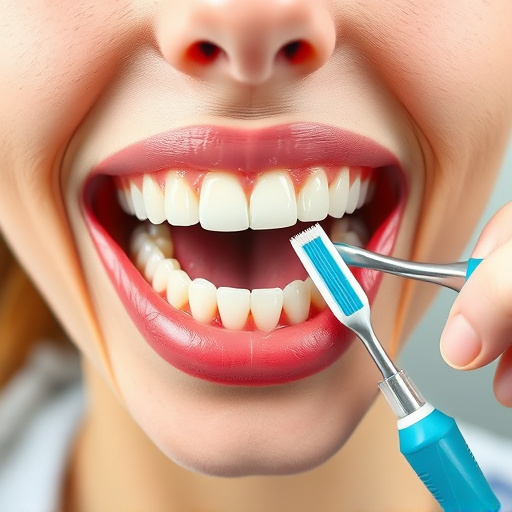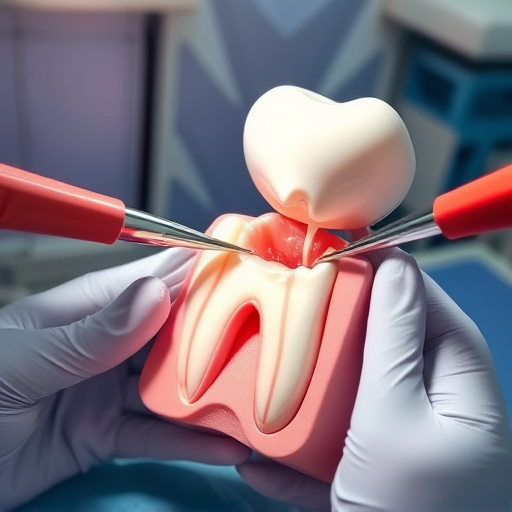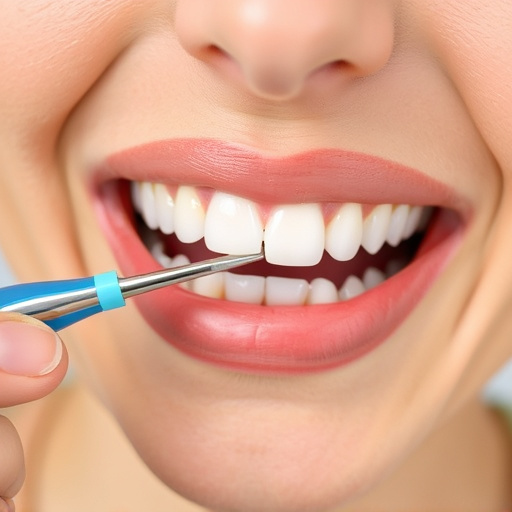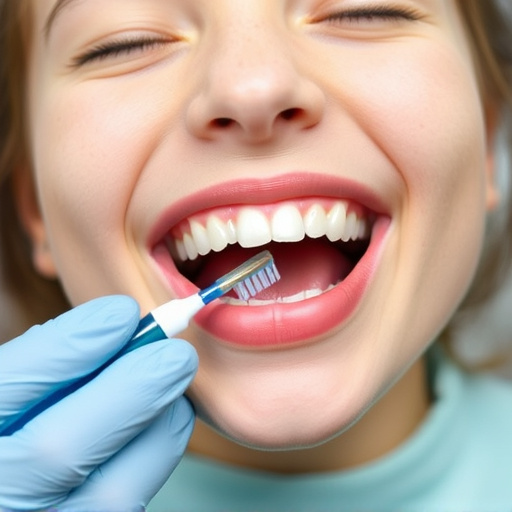In dentistry, proper sterilization protocols are crucial for patient safety during all procedures, from routine checkups to complex treatments like wisdom tooth removal. Adherence to these standards is legally and ethically mandatory, mandated by global dental regulatory bodies, and fosters trust between patients and dental teams. Effective sterilization ensures instruments and equipment are free from pathogens, minimizing cross-contamination risks and safeguarding well-being in family dentistry practices.
In the realm of dentistry, ensuring patient safety and upholding ethical standards through proper sterilization protocols is paramount. This article explores the significance of comprehensive sterilization practices in dental care, delving into the impact on infection control and legal obligations. We present effective training strategies for dental teams, from practical exercises to ongoing education, to ensure skill proficiency. Furthermore, we discuss crucial implementation steps, including equipment selection, standard operating procedures, and quality assurance techniques, emphasizing the importance of rigorous sterilization protocols in modern dentistry.
- Significance of Proper Sterilization Protocols in Dentistry
- – The impact on patient safety and infection control
- – Legal and ethical obligations for dental practices
Significance of Proper Sterilization Protocols in Dentistry
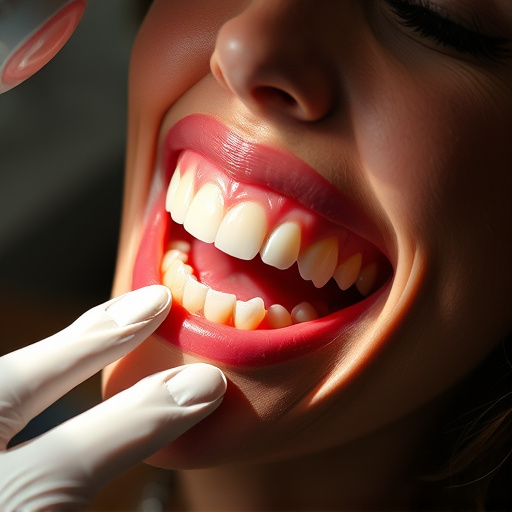
In the field of dentistry, proper sterilization protocols are not just recommended—they are essential for patient safety and infection control. Dental procedures often involve invasive treatments like dental implants or wisdom tooth removal, making it crucial to minimize cross-contamination risks. Adequate sterilization ensures that instruments and equipment used in family dentistry settings are free from bacteria, viruses, and other pathogens.
Implementing effective sterilization protocols is a cornerstone of modern dental practice. It helps prevent the transmission of infectious diseases and promotes a clean, safe environment for both patients and dental teams. By adhering to these standards, dentists and their teams can offer quality care while safeguarding the well-being of every patient who visits their clinic, whether for routine checkups or specialized treatments like wisdom tooth removal or family dentistry services.
– The impact on patient safety and infection control
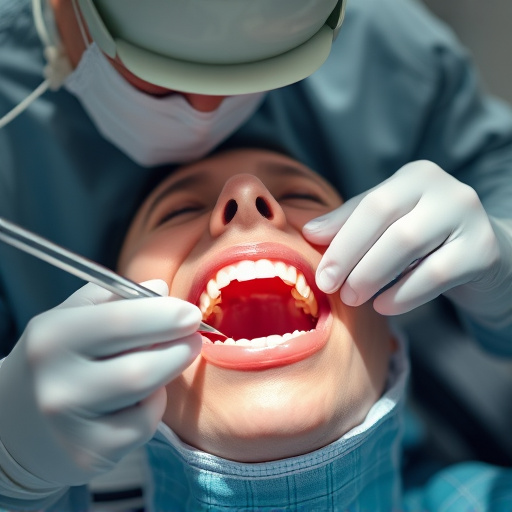
Proper sterilization protocols are paramount in any healthcare setting, but especially within family dentistry practices where patient safety and infection control must be top priorities. By adhering to rigorous standards, dental teams can significantly reduce the risk of cross-contamination, ensuring that both patients and practitioners remain protected. This is crucial not only for routine procedures like dental fillings or complex treatments involving clear aligners but also for maintaining a comprehensive, safe environment.
Effective sterilization protocols create a clear ally in the battle against infections. Through meticulous cleaning and disinfection of instruments and surfaces, dental teams can minimize the presence of harmful microorganisms. This proactive approach has profound implications, promoting trust among patients and fostering an atmosphere where oral health is prioritized without compromising safety.
– Legal and ethical obligations for dental practices
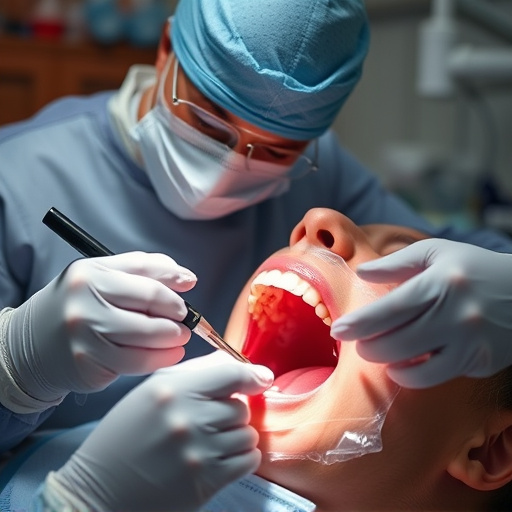
Dental practices have both legal and ethical obligations when it comes to sterilization protocols, which are paramount for patient safety and disease prevention. According to dental regulatory bodies worldwide, dentists and their teams must adhere to strict standards to ensure a sterile environment during all procedures involving tooth repair, general dentistry, and restorative dentistry services. Failure to meet these requirements not only risks the health of patients but can also lead to legal consequences, including fines and license revocation.
The ethical responsibility extends beyond compliance with laws to the core values of patient care and respect for human life. Proper sterilization protocols are a fundamental aspect of this commitment, as they safeguard against the transmission of infectious diseases. By adhering to these practices, dental teams not only uphold their professional standards but also contribute to fostering trust among patients who rely on them for their oral health needs.
Dental teams play a pivotal role in ensuring patient safety by adhering to stringent sterilization protocols. These measures not only safeguard patients from infections but also fulfill legal and ethical standards, fostering trust within the dental community. By prioritizing proper sterilization techniques, dental practices can provide a clean, safe, and comfortable environment for every patient, ultimately enhancing overall oral health outcomes.











